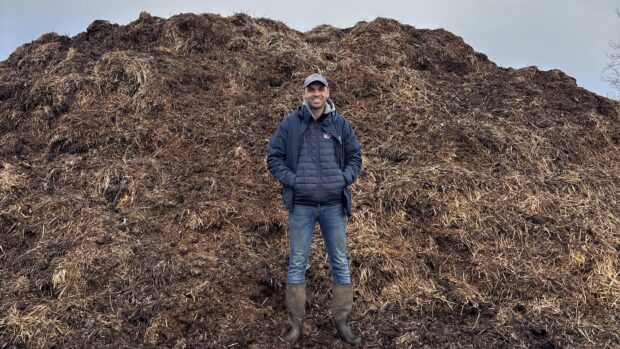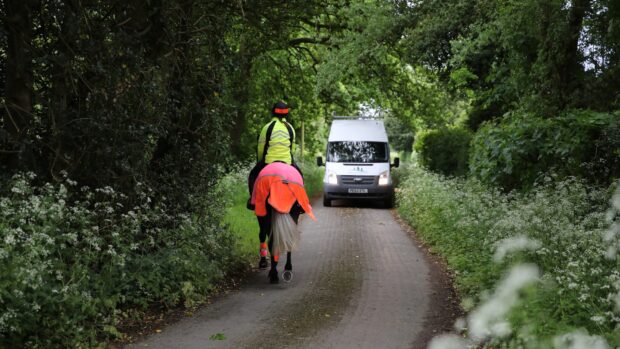Aid workers in the American states of Louisiana, Texas and Mississippi fear that hundreds of horses rescued in the aftermath of Hurricanes Rita and Katrina, will remain unclaimed.
Many horses are still being cared for in an exhibition centre outside New Orleans, and workers fear owners might shelve efforts to collect their horse, simply because they no longer have the means or the space to keep it.
“Many people are starting over with nothing. A horse is meant to be a luxury item but for these people it is their only item,” explained Ky Mortensen from the School of Veterinary Medicine at Louisiana State University (LSU).
More than 100 LSU staff have been evacuating horses to the Lamar Dixon Expo Centre after the hurricanes. So far, more than 600 horses have arrived, but only 200 have been taken home.
“There are going to be lots of orphans,” confirmed Maria Partlow, of the United States Equestrian Federation (USEF). “People aren’t going to have the wherewithal to claim horses.”
According to Mortensen, many owners inscribed their telephone numbers on their horses’ bodies with grease paint and turned them out after Katrina struck. This gave them the best chance of survival. Many managed to swim to safety and were found with minor injuries.
But not all were so lucky. Hundreds of horses across Louisiana and Mississippi perished in their stalls.
“For every horse we know drowned in the storm, I suspect there is another one we don’t know about,” explained Mortensen.
Aid workers also came across six horses that had drowned against the fence of their paddock and, in one of the largest rescue operations, involving 40 horses flushed out of a barn by the force of the water, nine horses died.
Just over three weeks after the hurricane, staff at LSU vet school and USEF are working out what to do with the orphaned horses. Many will need veterinary care for some time, but there have been lots of offers of temporary foster homes.
“If donations keep coming in, foster families should not have to take responsibility for financing these rescued horses,” said LSU vet school spokesman Ginger Guttner.
But the perilous conditions in Texas, Mississippi and Louisiana are going to make caring for horses exceedingly difficult. Water contaminated with gas, oil and silt has been sitting on the pasture for many days, and some areas have been permanently taken by the gulf.
“It’s a mess,” said Mortensen. “There is no way you can turn horses out yet.”
The damp, festering environment also provides an ideal breeding ground for disease. The USEF has called for a state-implemented vaccination scheme to prevent outbreaks of West Nile Virus, eastern and western encephalitis and tetanus.
The US Army established feed deposits throughout the worst affected areas of Mississippi in the aftermath of Hurricane Katrina but aid efforts have had to be extended in the wake of Hurricane Rita.
“The biggest challenge is going to be hay,” said Partlow. “After a summer of heatwaves it is already scarce.”
|
||
 |
||


 Get up to 19 issues FREE
Get up to 19 issues FREE TO SUBSCRIBE
TO SUBSCRIBE 


